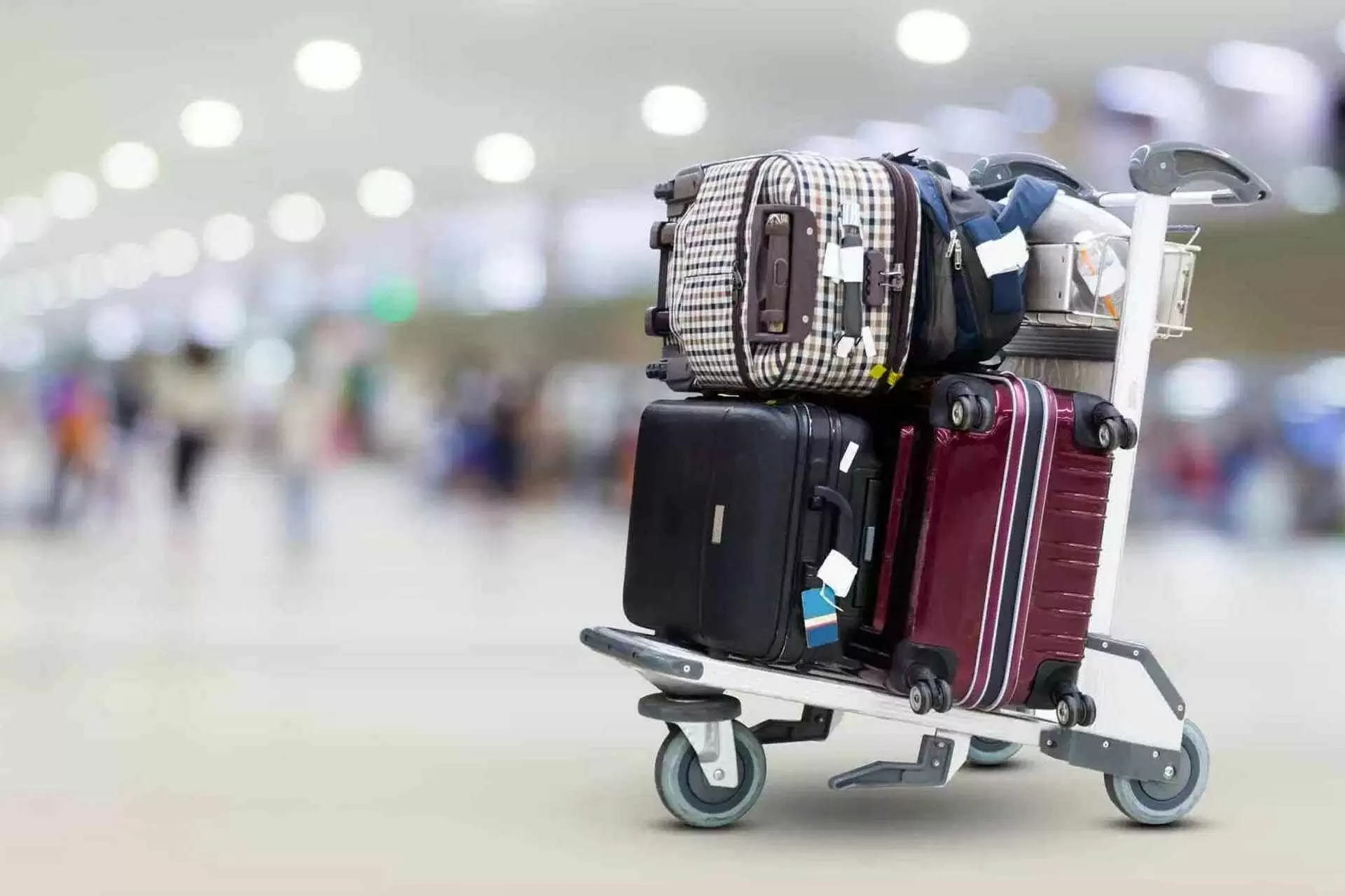The Lithuanian Ministry of Interior has introduced new rules for foreign nationals to apply for a temporary residence permit in the country through an external service provider.
Last month, Lithuanian authorities banned 1,216 foreigners from entering the country.
The country’s Ministry of Internal Affairs also explained that the residence permits of 1,483 foreigners were revoked due to unsigned or interrupted work contracts.
Such measures were announced immediately after Lithuania implemented stricter labour rules.
In the new procedure Lithuania said applicants must meet its residency criteria in the interests of state security, foreign policy, and labour market in accordance with the directives of the Interior Ministry.
The new procedure mandates that the Department of Migration must consider the state’s security interests, foreign policy priority direction, labour market needs, and institutional capacities.
Also, the Department of Migration must consult with the Department of Homeland Security, the State Border Guard Service, and the police concerning foreign countries.
It also added that it is only after evaluating all these aspects can the Minister of the Interior approve the list of foreign countries where one can apply for a temporary residence permit in the Republic of Lithuania through an external service provider.
Foreigners can apply for a temporary residence permit for an external service provider located in their country of residence and for branches of external service providers operating in other foreign countries.
Since 2023, Lithuanian authorities have allowed foreigners to obtain a temporary residence permit in the Northeastern European country while abroad through external service providers.
Meanwhile, since January 2024, the number of contracted departments has been reduced from 34 to 31.
According to the Ministry, a total of 29,739 applications for temporary residence permits in Lithuania were submitted through the branches of the external service provider, in 2023.
The ministry added those with the most significant number were introduced from Uzbekistan, Tajikistan, and Kyrgyzstan.
We’ve got the edge. Get real-time reports, breaking scoops, and exclusive angles delivered straight to your phone. Don’t settle for stale news. Join LEADERSHIP NEWS on WhatsApp for 24/7 updates →
Join Our WhatsApp Channel










